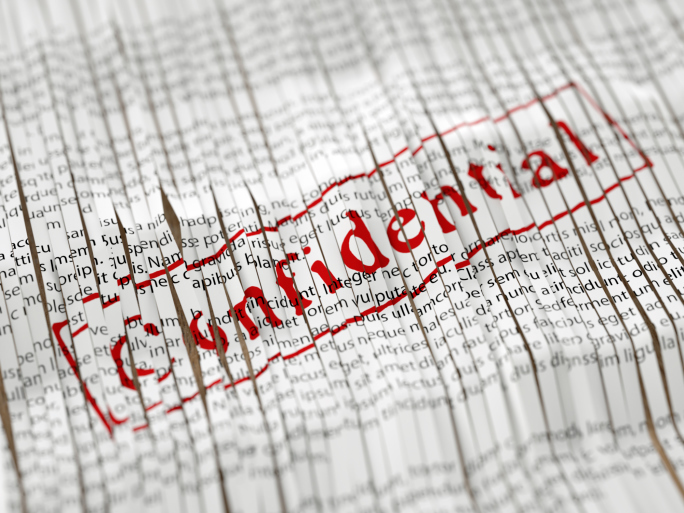The House Science Committee under Chairman Lamar Smith (R-TX) passed H. R. 4012, “The Secret Science Reform Act,” out of committee in June. Further action on the bill, including a possible floor vote, may take place when Republicans take control of the Senate in January.
The bill would “prohibit the Environmental Protection Agency from proposing, finalizing, or disseminating regulations or assessments based upon science that is not transparent or reproducible.”
Data Routinely Hidden
Each year the Environmental Protection Agency issues hundreds of new regulations with significant effects on the economy. According to the EPA, the regulations are intended to protect human health and the environment and will ultimately create jobs.
For years, however, members of the U.S. House of Representatives have complained the data and research used to justify EPA regulations has been hidden, unavailable for review even by the congressional committees with oversight of the EPA.
Myron Ebell, director of the Center for Energy and Environment at the Competitive Enterprise Institute, said, “The EPA has based regulations costing tens of billions of dollars on secret studies.
“It’s a scandal, and what’s more scandalous is that current EPA Administrator Gina McCarthy has promised House and Senate committees several times she would turn over the two key epidemiological studies that supposedly justify the EPA’s outlandish health claims for its Clean Air Act rules, and she has broken every promise she has made,” he added. “McCarthy probably wouldn’t have been confirmed by the Senate as administrator last year if she hadn’t promised Sen. David Vitter to turn over the studies. Now she is defying a subpoena for the studies by the House Science Committee.”
To remedy this problem, David Schweikert (R-AZ.), chairman of the House Committee on Science, Space, and Technology Subcommittee on the Environment, introduced the Secret Science Reform Act of 2014 (H.R. 4012) in Spring 2014.
The bill requires the EPA to disclose all the science, research, models, and data used to justify regulations, and the results would have to be reproducible by independent researchers. According to the sponsors of the bill, research used to make rules imposed on the public, especially when it is funded directly or indirectly by taxpayers, should be transparent.
Publicly Justifying Costly Rules
“The Secret Science Reform Act ends costly EPA rulemaking from happening behind closed doors and out of public view,” Schweikert said. “Public policy should come from public data.”
“For far too long, the EPA has approved regulations that have placed a crippling financial burden on economic growth in this country without public evidence to justify all their actions. This commonsense legislation forces the EPA to be transparent and accountable with their findings,” Schweikert added.
Ebell said, “EPA’s conduct is truly outrageous, and it is high time the Congress forced the EPA to base its regulatory decisions on science that is open for analysis and replication by scientists who aren’t bought and paid for by the EPA.”
H. Sterling Burnett, Ph.D., ([email protected]) is the managing editor of Environment & Climate News.





